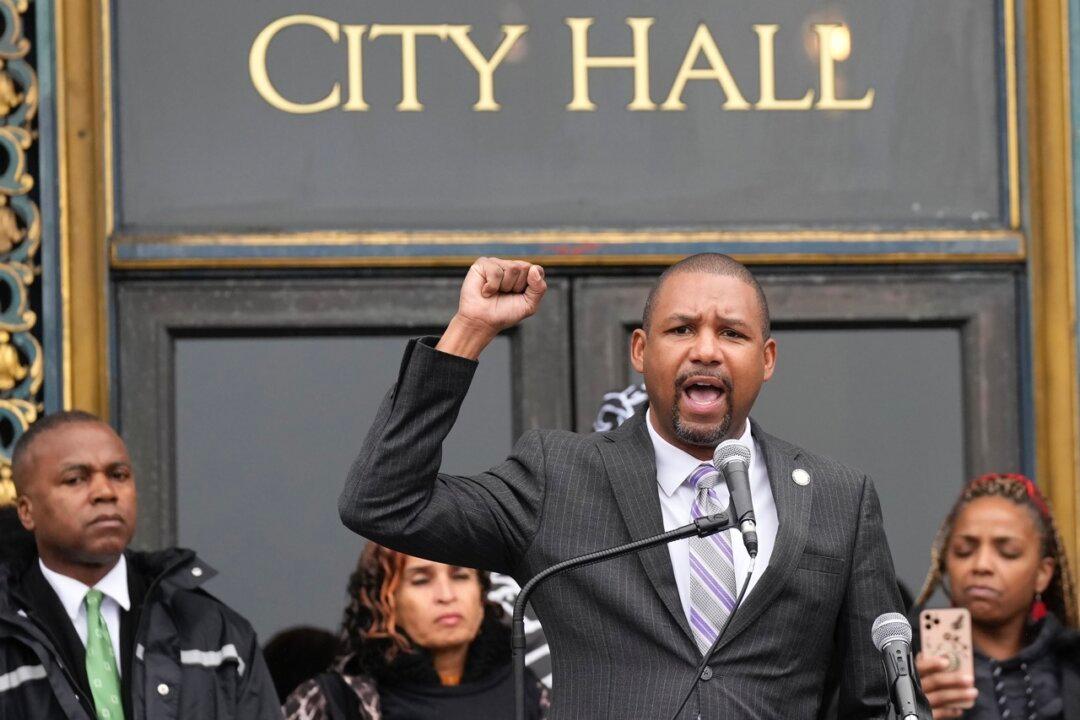Following through on one of 100 recommendations in a reparations plan published last year, the San Francisco Board of Supervisors voted unanimously Feb. 27 to approve a resolution apologizing to black residents for “acts of fundamental injustice, terror, cruelty, and brutality committed against the Black San Francisco community.”
Acknowledging the city’s role in creating and enforcing laws that enforce and perpetuate inequity while noting the difficulty in documenting such actions due to “historical erasure,” the resolution describes harms associated with public policies including urban renewal projects and redlining—a practice initiated in 1937 by which certain neighborhoods were identified as unworthy of investment due to high risks.





